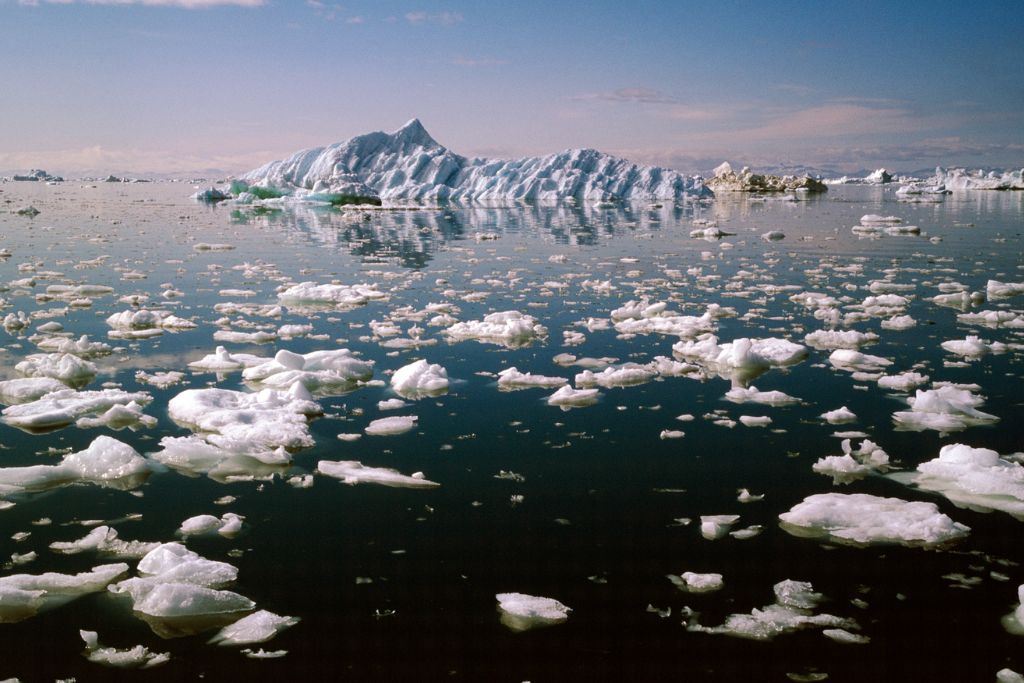With parts of the region experiencing unprecedented heating this summer and temperatures above average in September, ice melt in the Arctic reached yet another record high.
—
Climate change is warming Northern regions nearly four times faster than the rest of the planet. This, scientists warn, will trigger catastrophic weather events worldwide, from heatwaves and droughts to storms and floods.
This September has seen record ice melt in the Arctic – the kind typically seen in the middle of summer – affecting nearly 592,000 square kilometres of the ice sheet, the Financial Times reported. According to scientists, we are looking at the largest melt event to occur in September in nearly four decades.
“This event demonstrates how global warming does not only increase the intensity but also the length of the melting season,” Maurice van Tiggelen, a polar scientist from Utrecht University in the Netherlands, told The Washington Post.
This month, Greenland experienced temperatures up to 36F (20C) higher than normal, which contributed to warming up large parts of the Arctic Ocean. A study published in the journal Science Advances earlier this year showed that “the Arctic Ocean warms at 2.3 times the global mean.”
Ice sheet melting is one of the planetary tipping points – irreversible negative changes triggered by the changing climate – that scientists are most concerned about and it could be crossed even at the level of global warming that the world has already reached. At this level, experts predict that ice-free Arctic could occur as early as 2040.
The only chance humanity has at reversing this catastrophic trend is if countries around the world drastically cut greenhouse gas emissions, which have been on the rise again in 2021 and again this year following a temporary easing during the pandemic. Ahead of COP27, which will take place this November in Egypt, nations are encouraged to update their emissions reduction plans, with several experts agreeing that the pledges made last year were not enough to limit global warming to 1.5C.
You might also like: Glacial Melting in Greenland Will Raise Sea Level by 10 Inches: Study


















